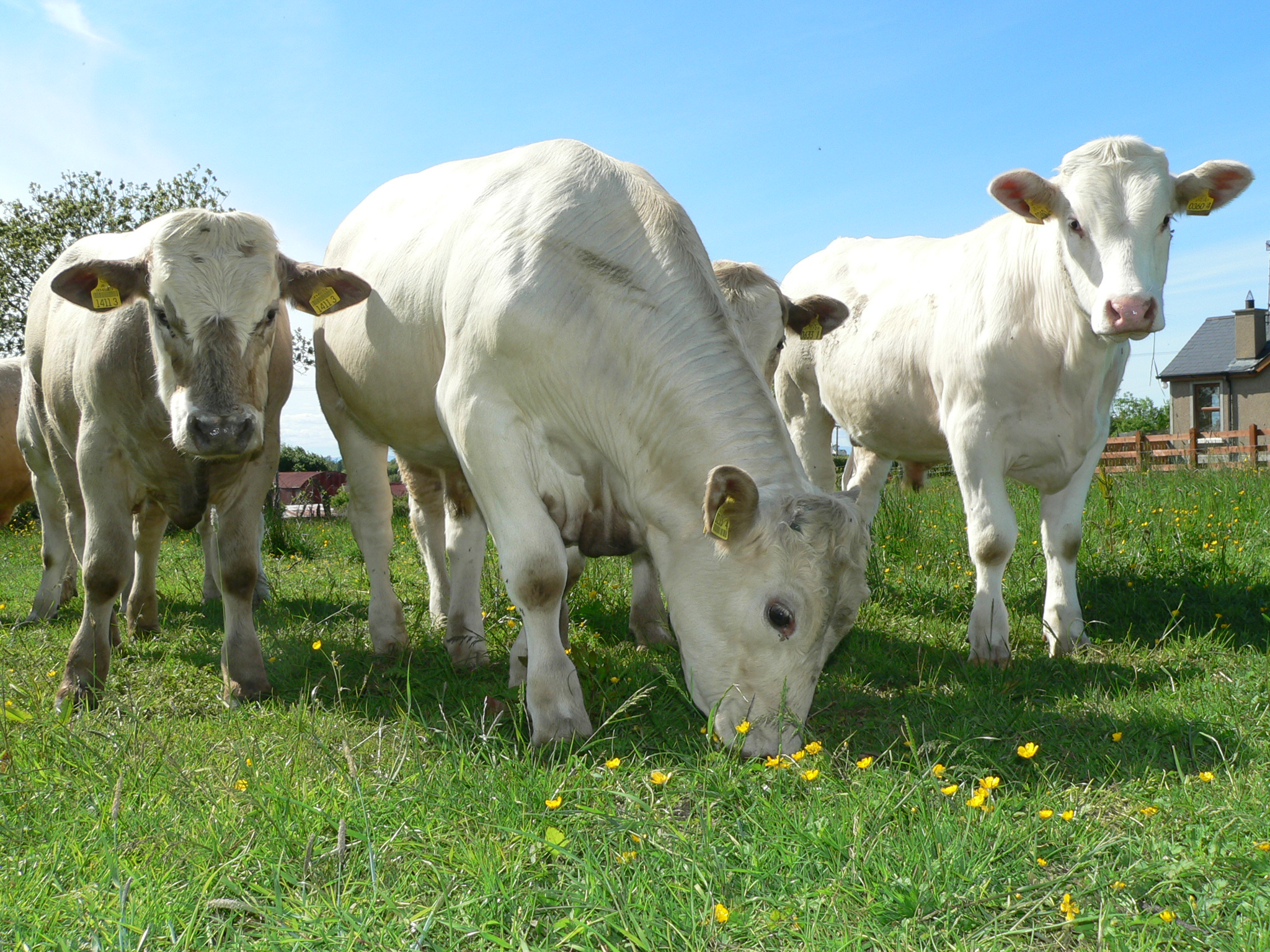
Women in Agriculture profile featuring Gail Carson.
Place you call home: Bramble Hill, Glarryford.
Occupation: Owner/proprietor of ‘The Pantry @ Bramble Hill’, part-time farmer, wife and mum.
Farming commodity: Pedigree Dorset sheep, pure-bred Oxford Sandy and Black pigs, hens and farmhouse baking enterprise.
How did you become involved in farming?
By birth! I grew up on my parent’s dairy farm in Country Down. When I was 12 my parents sold the farm here and bought a farm in Ayrshire, Scotland, so we moved there. It was a mixed farm with beef, sheep and cereals.
Earliest farming memory: When I was about 6/7 years old, we had a calf that was sick with pneumonia and I remember dad making a potion with mustard which he spread over the calf’s lungs. He then covered it with a ‘jute’ cloth.
What personal characteristics did you develop from agriculture? Hard-work, determination, patience and resilience.
Life lesson you learnt from farming: There is no finishing time! Even though you got a lot done today there is always plenty to do tomorrow. This is a lesson that needs to be learned repeatedly because despite your best efforts, tomorrow will still be busy.
Maintenance of buildings, machinery and the farm generally was an important and lasting lesson from my dad that I still stick to today, but go easy on yourself! There needs to be time out for family, holidays (even if it is to see Diddly Squat Farm) and coffee!
What do you enjoy most about the farming lifestyle?
Being your own boss while also learning from others and your mistakes, creating continual development and improvement. Meeting new people and connecting with likeminded stewards of the countryside who have a passion for real country life. Also, it’s just nice to be on the farm on your own at times, seeing the wildlife and hearing the birds always singing.
Describe a farmer in three words: Hard working, committed and resilient.
What would you like the public to know about NI farming?
NI produces the best lamb, pork, beef, eggs, chicken, dairy, fruit, veg and cereals in the world. We have the highest and strictest husbandry standards and traceability when compared to anywhere else in the world. Buying local, fresh ingredients is the healthiest and best way to ensure that you are consuming the best produce. It also ensures that every individual is contributing to reducing impacts on the environment. There should be no need to purchase products that can be produced locally to the highest standards, from outside the UK/Ireland.
If you could give farmers/farming families and community one piece of advice, what would it be?
Not everything needs to be done today! If you are a driven individual, go easy on yourself physically and mentally. We are not here forever. I learned this lesson when I took unwell suddenly a few years ago. I had a serious illness due to stress and pressure, which partly was me having expectations on myself to get as much work done as possible. I took time to think about my approach, taking things in a measured way and to slow down…a bit!
What would you say to others who are considering a career in the agri industry?
I would always say to follow your dream. Go for it, but be aware that it can be challenging, but what’s not today? If you feel strongly about how good the agri-sector is in NI, then be an ambassador and do your best!
What are your hopes for the future of NI agriculture?
My hopes are that we will stop complaining about the weather, start wearing the right clothes for the day and enjoy every day that we are blessed with! But perhaps on a business level that we will see locally produced, quality foodstuff becoming the mainstay of our diets, our hospitality sector and consumer spend; that farmers will receive a fair price from the processors and supermarkets and that those with a responsibility to champion NI agriculture will get back to work and do something positive for the industry as a collective executive. I would also hope to see more traditional farming practices become the norm, where stewardship of the land is focused on with less intensive demands. NI isn’t suited to big fields, big farms and big machines.







